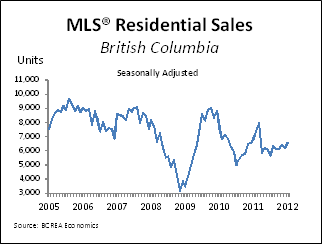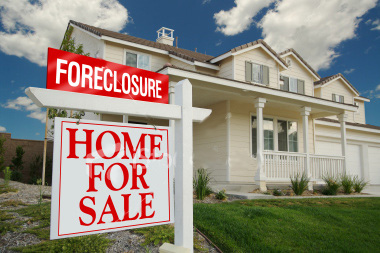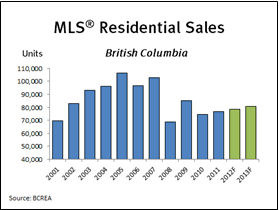New-home HST Break ‘Great News’, The Kamloops Daily News
This article was written by Cam Fortems of the Kamloops Daily News on February 17th, 2012.
The HST will be gone in April next year but B.C.’s residential construction industry gets a bonus starting a year earlier.
Finance Minister Kevin Falcon announced new transition rules Friday intended to end uncertainty among new-home buyers. As of April 1 this year it will increase the threshold from $525,000 today up to $850,000 for which there is a full rebate on HST.
The measure means more than 90 per cent of homes will be eligible for the full rebate of up to $42,500. The same rebates will be extended to second and recreational homes outside the Lower Mainland — a first.
Kamloops-South Thompson MLA Kevin Krueger blamed anti-HST campaigner Bill Vander Zalm and the Opposition New Democrats for spreading misinformation about the affect of the HST on new home purchases.
“We don’t want people to hold off (purchasing a new home) because they think they’ll save money — they won’t,” Krueger said of the new rules.
“There’s never been a better time to build a house. Interest rates are at the lowest we’ve seen in our lifetime.”
Brian Hayashi, president of the Kamloops branch of the Canadian Homebuilders Association, said the industry has suffered under misperceptions from potential buyers — something that should end with the new rules.
“There’s been a lot of uncertainty about what will happen with the HST,” he said.
“There’s been huge misunderstandings, just in speaking with clients and hearing stories…. It’s really slowed things down.”
Sun Peaks Mayor Al Raine predicted the tax break on second or recreational homes, with the same $850,000 threshold, will help a recovering real estate sector on the mountain, where prices are down about 10 to 15 per cent and inventory is high.
“It’s great news,” said Raine, who argues the province must do something to level the playing field with the inexpensive American market.
“I’ve written enough letters to both levels of government. People forget British Columbians are free to buy recreational property wherever they wish.”
Raine called the $850,000 threshold for a full rebate on a new recreational home “perfect.”
While there are some new homes in the Kamloops market that sell for more than $525,000, particularly at Sun Rivers, Hayashi acknowledged pushing up the threshold won’t have a huge effect here.
The biggest move could be extending the tax break to recreational housing.
“I’m thinking around here that (second home tax break) might have a bigger impact and offset migration down south…. Now a place out at Scotch Creek or somewhere else in the Interior might be a little more appealing.”
Doug Wittal, the Kamloops builder who leads the provincial association, said extending the rebate to second homes will lead to a “huge boom” and more jobs.
B.C. Finance Minister Kevin Falcon said the changes ensure that there is fairness through the transition period and provides a road map for the housing industry to make the transition back to the PST as smooth as possible.
“The homebuilding industry has been really looking for clarity and certainty, and that’s exactly what we will be delivering here today,” Falcon said at a press conference attended by homebuilding industry stakeholders.
After the HST-end date, those who buy a home built before April 1, 2013 will have to pay a two per cent transition tax on the full house price.
Falcon rejected comments from critics who suggest the government should be able to dump the entire HST by April 1 this year.
“I can’t agree with those who say, ’Gee, it took 11 months to get into this thing, I don’t think it should take any longer to get out,” said Falcon. “When you are going backwards, this is uncharted territory. It takes time to do it right.”
The change to the HST, a blending of the PST and the five-per-cent federal goods and services tax, was announced by then-premier Gordon Campbell and his then-finance minister Colin Hansen shortly after the 2009 election.
Anger over the implementation of the tax set off a province-wide referendum, and the tax was voted down last year.
The B.C. government announced last month it had worked out an agreement to pay back the $1.6 billion the federal government paid to the province in transition money.
While the province has to pay all the money back, it’s getting a $118-million break on interest and will be able to repay the money in installments over five years.


 Home foreclosures are on the rise in B.C.’s Central Okanagan in recent months, but local real estate agents disagree about who might be losing their homes.
Home foreclosures are on the rise in B.C.’s Central Okanagan in recent months, but local real estate agents disagree about who might be losing their homes.